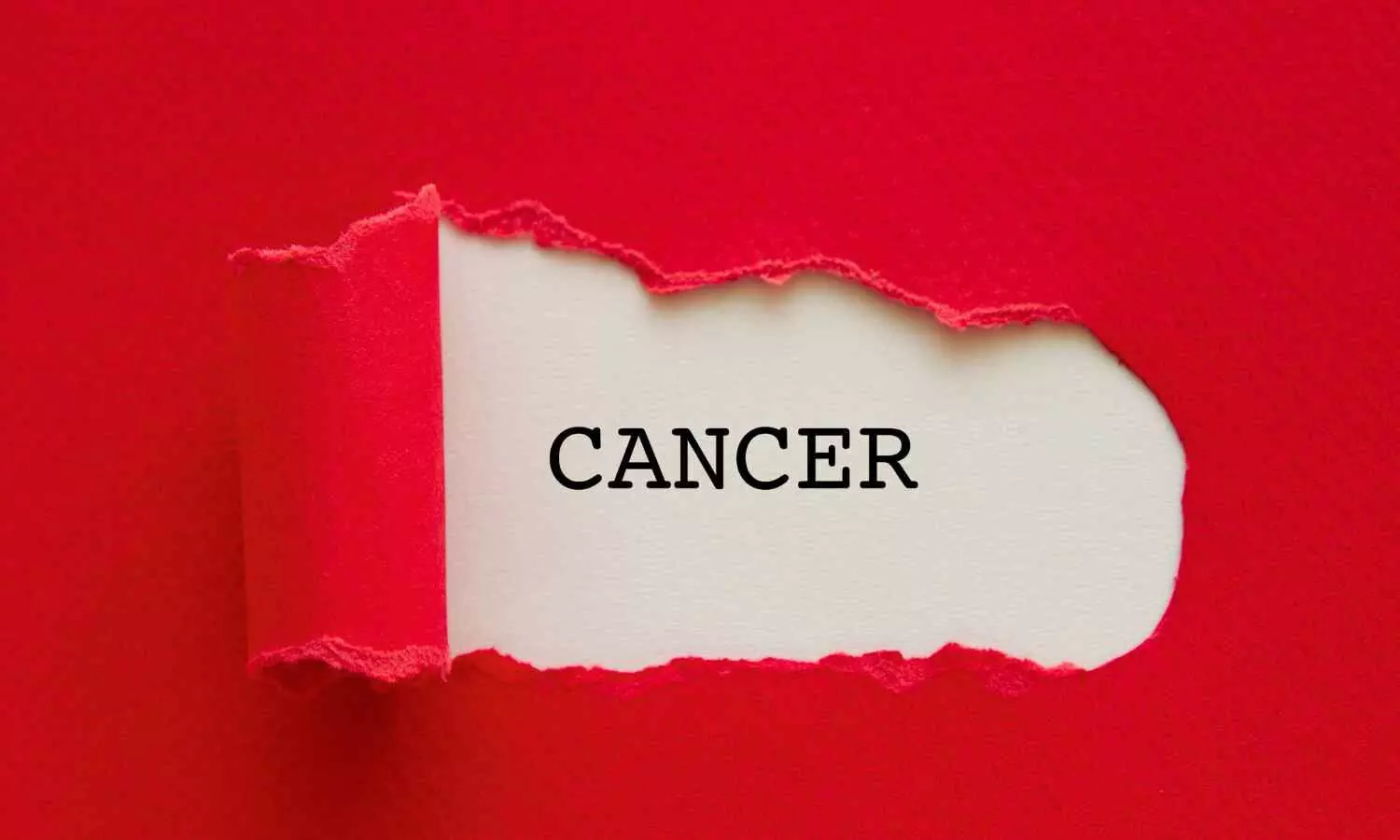High protein or Trp diet increases risk of cancer-associated VTE: Study
- byDoctor News Daily Team
- 28 September, 2025
- 0 Comments
- 0 Mins

Next tocancerrecurrence or progression,cardiovascular diseasesare the leading causes of death in cancer survivors. The Surveillance, Epidemiology, and End Results database revealed that among the more than three million who initially survived cancer between 1973 and 2012, 38% eventually succumbed to the disease while 11.3% died from cardiovascular diseases. Specifically, cancer survivors are at a four to seven-fold higher risk of venous thromboembolism (VTE), which proves fatal in one out of seven cancer patients. While the effects of high-fat diets have been studied in the context of cancer and cardiovascular disease, sparse information is available on the impact of a high-protein diet and cancer-associated thrombosis. In a new study from Boston University Chobanian & Avedisian School of Medicine, researchers have found that a high protein diet, or a diet high in amino acid tryptophan (Trp). Trp is abundant in various protein-rich foods increases the risk of cancer-associated VTE in experimental models. “Although our new findings are based on experimental models, we believe that knowledge gained from this study could prompt interest in further testing relevance to the human condition,” says co-corresponding author Katya Ravid, the Barbara E. Corkey professor at the school. The researchers found that experimental models with colon cancer who were fed a high protein diet or a diet rich with Trp experienced more severe development of vascular thrombosis compared to the groups that had been fed a regular balanced diet. They also found that inhibiting the key enzyme responsible for the metabolism of tryptophan reduced the severity of vascular injury. Finally, they found that Kynurenine, a known metabolite of tryptophan, has an effect on blood coagulation factors that are known to promote thrombosis. According to the researchers, this work has potential implications at the individual patient and population levels. “Nutrition management is an integral component of cancer patient care. Patients with cancer are often advised to increase their dietary protein intake to compensate for cancer-cachexia (involuntary weight loss, muscle wasting, and loss of appetite, leading to significant weakness and fatigue) and chemotherapy side-effects. At times, these patients receive parenteral nutrition (feeding directly into the bloodstream), including approximately five to eight times more Trp than dietary recommendation,” explains co-corresponding author Vipul Chitalia, MD, PhD, professor of medicine. Lotfollahzadeh S, Jose A Dr, Yang X, Bathla T, Lazowski A, Hoekstra I, Sethuraman K, Potluri S, Dulberger K, La J, Fillmore N, Piqueras MDC, Lee N, Cabral HJ, Ravid K, Chitalia V. Dietary Tryptophan Augments Cancer-Associated Venous Thrombosis Mitigated by Indoleamine 2,3-Dioxygenase 1 Inhibition. Blood Adv. 2025 Jul 16:bloodadvances.2025017079. doi: 10.1182/bloodadvances.2025017079.
Disclaimer: This website is designed for healthcare professionals and serves solely for informational purposes.
The content provided should not be interpreted as medical advice, diagnosis, treatment recommendations, prescriptions, or endorsements of specific medical practices. It is not a replacement for professional medical consultation or the expertise of a licensed healthcare provider.
Given the ever-evolving nature of medical science, we strive to keep our information accurate and up to date. However, we do not guarantee the completeness or accuracy of the content.
If you come across any inconsistencies, please reach out to us at
admin@doctornewsdaily.com.
We do not support or endorse medical opinions, treatments, or recommendations that contradict the advice of qualified healthcare professionals.
By using this website, you agree to our
Terms of Use,
Privacy Policy, and
Advertisement Policy.
For further details, please review our
Full Disclaimer.
Recent News
Merck Keytruda wins European Commission nod for lo...
- 30 October, 2025
UP NEET 2025 round 3 allotment results postponed
- 30 October, 2025
Achin Gupta to succeed Umang Vohra as Cipla MD, GC...
- 30 October, 2025
Mumbai shocker: KEM Hospital doctor stabbed by col...
- 30 October, 2025
Daily Newsletter
Get all the top stories from Blogs to keep track.


0 Comments
Post a comment
No comments yet. Be the first to comment!